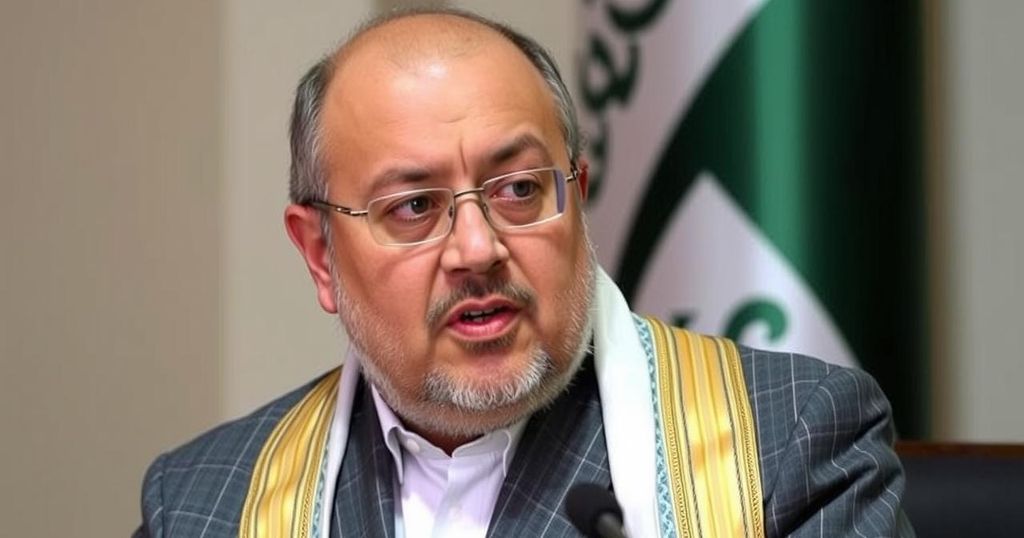Salman Al Khalidi’s Extradition: Implications for Freedom of Speech in the Middle East

Salman Al Khalidi has been extradited from Iraq to Kuwait, where he faces serious charges related to insulting public officials and undermining national security. His extradition has raised questions about the political climates in both countries and the implications for freedom of speech in the Middle East. Observers fear that his imprisonment may heighten regional tensions and attention on civil rights issues.
Salman Al Khalidi, an outspoken critic, has been extradited from Iraq to Kuwait, marking a significant event in terms of political relationships in the region. This transfer has been contentious, as it raises questions regarding the stability of diplomacy between Iraq and Kuwait, particularly in the wake of allegations against Al Khalidi for insulting public officials and compromising national security. His supporters argue that this situation reflects broader political pressures targeting dissenters within these nations.
As Al Khalidi confronts serious legal challenges in Kuwait, the implications of his extradition may reverberate throughout the Arab world, igniting further discussions about freedom of expression and the treatment of government critics. Observers regard Al Khalidi as a symbol of the ongoing struggle for civil liberties in a region fraught with political tension and repression. The international community’s attention remains focused on how this case will unfold, potentially influencing similar situations in neighboring states.
The extradition of Salman Al Khalidi from Iraq to Kuwait highlights the vulnerabilities faced by political dissidents in the Middle East. Al Khalidi has been a vocal critic of both Kuwaiti authorities and the broader social-political framework, which has led to his conviction on multiple charges in Kuwait. The charges against him include insulting government officials and undermining national security, which many believe exemplifies the precarious balance that exists between state power and freedom of speech in the region. His case is likely to exacerbate existing tensions surrounding human rights and transparency in governance.
The extradition of Salman Al Khalidi from Iraq to Kuwait serves as a stark reminder of the ongoing challenges of freedom of speech in the Middle East. This incident underscores the delicate diplomatic relations between Iraq and Kuwait and raises concerns among advocates for free expression. As Al Khalidi faces the repercussions of his actions, the developments surrounding his case are expected to keep issues of political dissent and governmental accountability at the forefront of regional discourse.
Original Source: m.economictimes.com







